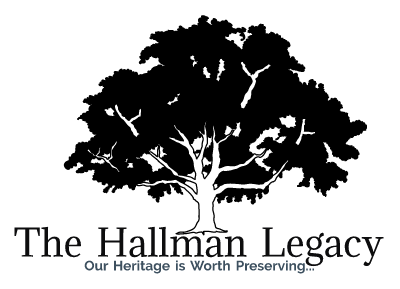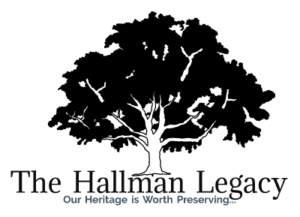
Read. Read. Read.
“Reading is fundamental”. The dictionary definition of “fundamental” means the foundation or basis; serving for the foundation. Hence, reading serves as a foundation to increasing one’s vocabulary, improving one’s language skills, and even increasing one’s knowledge of different world cultures.
One of the most important things about reading is learning about your very own culture. It is often painful, but reading helps us understand and appreciate our ancestor’s experience of living through slavery and racism. Sometimes the author skillfully engages the reader into experiencing the brutality their ancestors experienced. The reader feels the repression and the suppression of slavery; the harsh punishments their ancestors must have endured; and the strict racial policing forced upon them. Through readings that illustrate the lives, history, and the cultures of the African American people – our ancestors included, we can imagine and write about what we perceive as the lives of our ancestors. We learn how they developed their unique African American identity and worked hard to maintain their strength. We learn how they struggled to maintain their African American culture and their African American values. We learn of their strength and perseverance in their struggle to maintain their dignity and self-respect. We learn that it was very important that they pass their legacy to their descendants. And we will continue to read all that we can so that we can learn as much as we can about them.
We have books and we have the Internet. The advent of the Internet has provided a wealth of African Americans who have contributed to documenting African American culture through books, song, and dance and it’s right at our fingertips. Wikipedia is a great source to start. The source page “African-American Culture” is great beginning for the interested reader. The page summarizes African-Americans and their role in American History. The link can be accessed from here: https://en.wikipedia.org/wiki/African-American_culture.
Through reading we can learn more about the authors and their contributions. They were trailblazers and pioneers who suffered adversity while capturing the root of our African American culture. We owe it them and our children to read the African American history they have written for us.
NewsOne reports on its website that the proportion of young people who are daily readers drops has dropped dramatically in recent years. According to some studies, the website states, since 1984, the percentage of 13-year-olds who are weekly readers dropped from 70% to 53%. Even worse, the percentage of 17-year-olds who are weekly readers fell from 64% to a startling 40%. And the percentage of 17-year-olds who never or hardly read tripled during the same period, from 9% to 27% (https://newsone.com/playlist/50-books-every-black-teen-should-read/).
The website listed fifty books that every black teen should read. Most of these books have been around for years and are in our personal libraries.
Essence’s website is another website that lists fifty must read books for children and young adults (https://www.essence.com/entertainment/50-black-childrens-young-adult-books/#526781). The first book, “Roll of Thunder, Hear My Cry” is one of the collections in the family’s library. The last book is title “A Song for Gwendolyn Brooks”. Ms Brooks is a poet and a personal favorite. Ms Brooks’ poem, “We Real Cool” was published in 1959 and it is still analyzed in various Composition and Writing course.
The poem is summarized below so that you may read and analyze the poem with your teenager.
We Real Cool
The Pool Players.
Seven at the Golden Shovel.
We real cool. We
Left school. We
Lurk late. We
Strike straight. We
Sing sin. We
Thin gin. We
Jazz June. We
Die soon.
HAPPY READING… Take comfort in knowing most of the recommended books to read are in the Hallman Library and are available for loan.
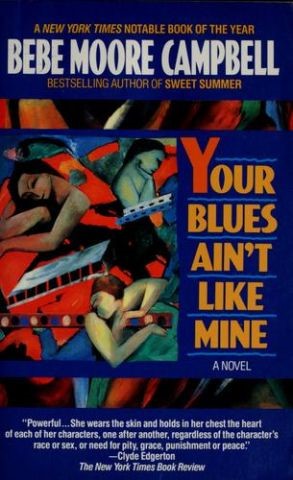
“Your Blues Ain’t Like Mine”
by Bebe Moore Campbell
Read:.
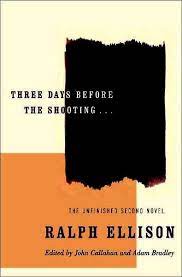
“Song of Solomon”
by Toni Morrison
Read:
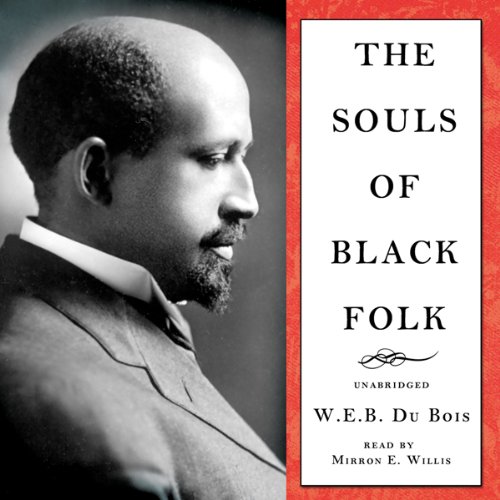
“Visions for Black Men”
by Na’im Akbar
Provide description
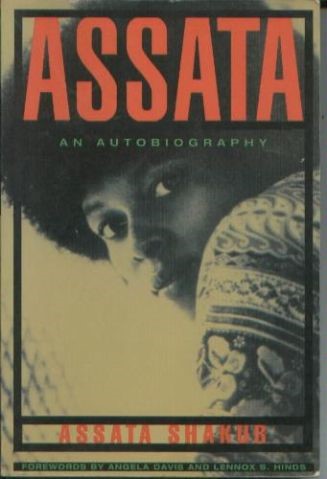
“Assata: An Autobiography” by Assata Shakur
Provide description
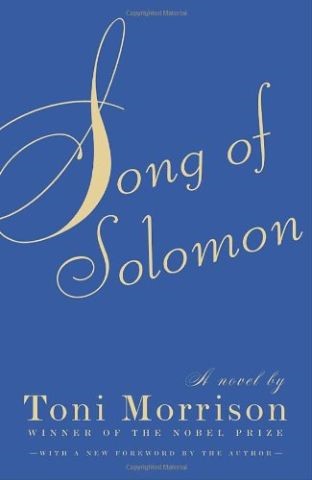
“Song of Solomon”
by Toni Morrison
Read:
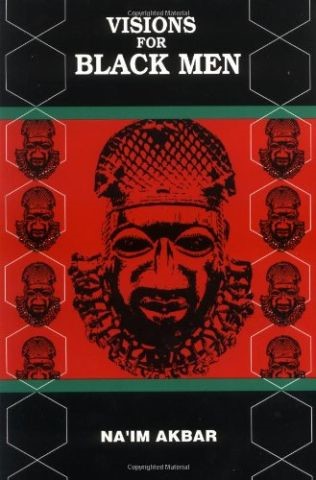
“Visions for Black Men”
by Na’im Akbar
Provide description
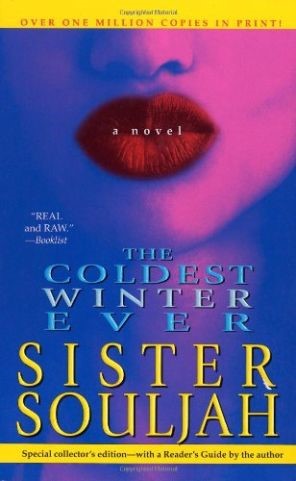
“The Coldest Winter Ever” by Sister Souljah
Provide description
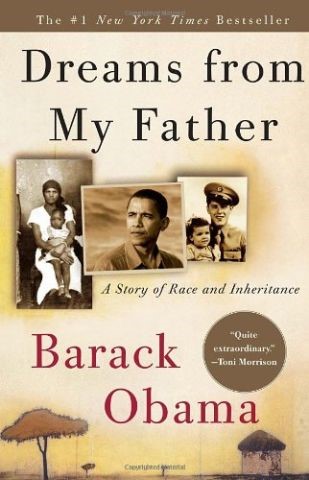
“Dreams from My Father” by Barack Obama
Read:
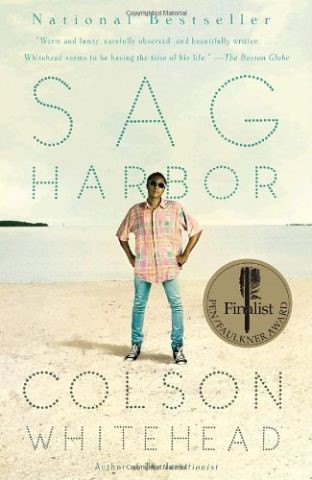
“Sag Harbor”
by Colson Whitehead
Provide description
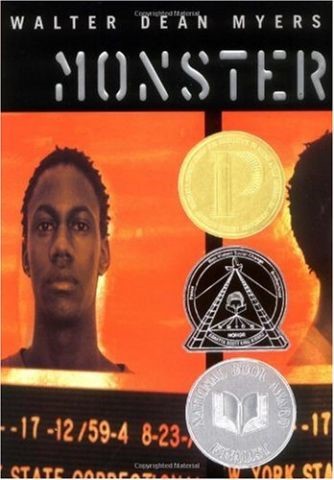
“Monster”
by Walter Dean Myers
Provide description

“Things Fall Apart”
by Chinua Achebe
Provide description
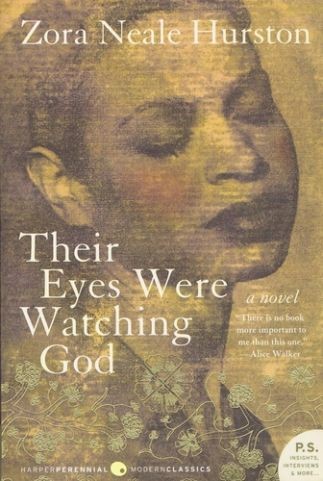
“Their Eyes Were Watching God”
by Zora Neale Hurston
Read:
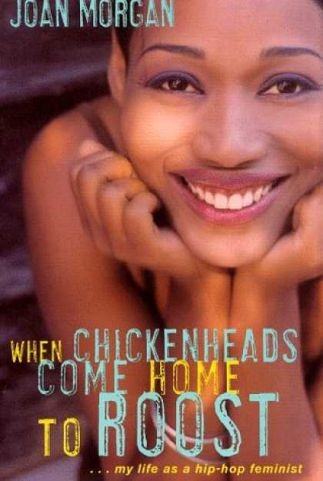
“When Chickenheads Come Home To Roost”
by Joan Morgan
Provide description

“The Autobiography of Malcolm X” as told to Alex Haley
Provide description
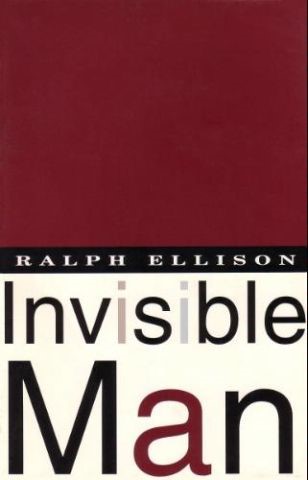
“Invisible Man”
by Ralph Ellison
Read:
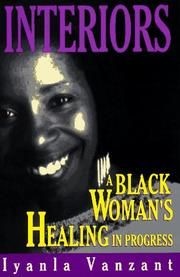
“Interiors: A Black Woman’s Healing…in Progress”
by Iyanla Vanzant
Read:
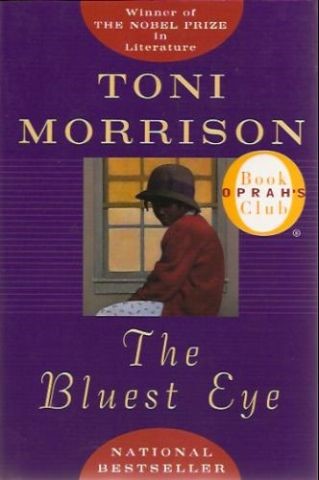
“The Bluest Eye”
by Toni Morrison
Read:
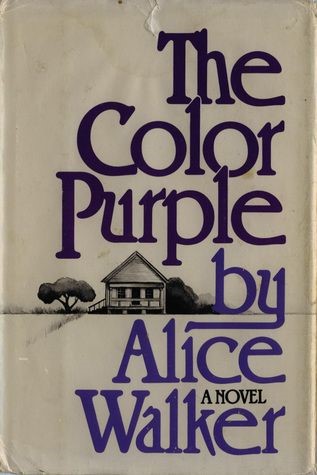
“The Color Purple”
by Alice Walker
Read:
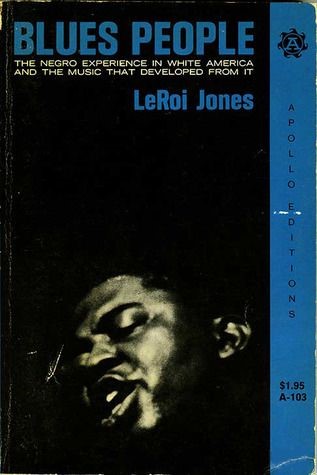
“Blues People”
by Amiri Baraka Shakur
Provide description
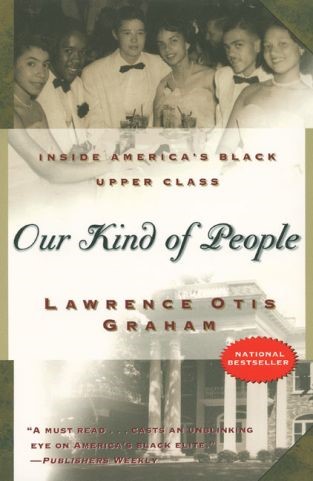
“Our Kind of People”
by Lawrence Otis Graham
Provide description
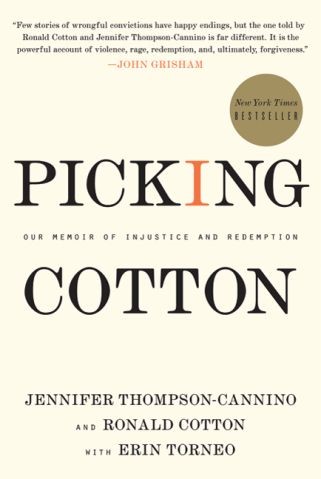
“Picking Cotton”
by Jennifer Thompson-Cannino
Provide description
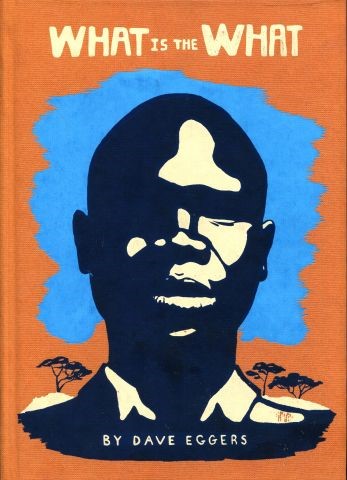
“What is the What”
by Dave Eggers
Provide description
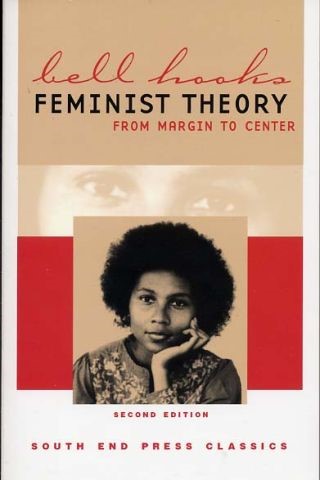
“Feminist Theory: From Margin to Center”
by bell hooks
Provide description
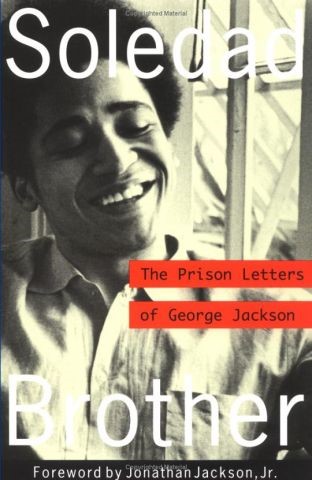
“Soledad Brother”
by George Jackson
Provide description.
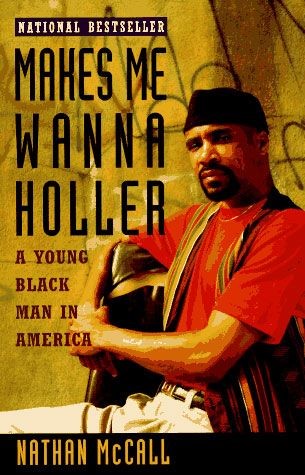
“Makes Me Wanna Holler: A Young Black Man in America”
by Nathan McCall
Family Library Item
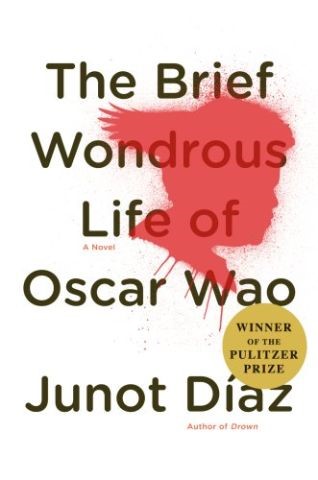
“Soledad Brother”
by George Jackson
Provide description
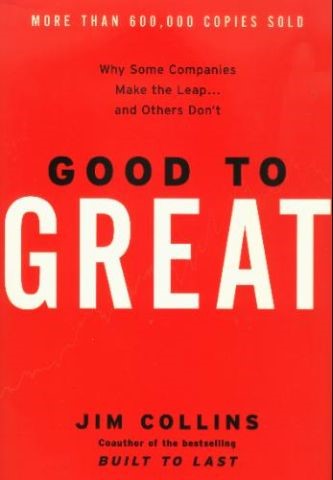
“Good To Great”
by Jim Collins
Provide descriptiono.
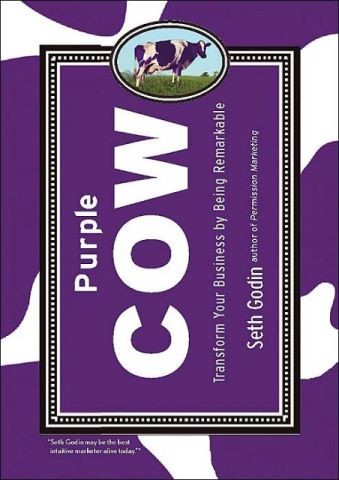
“Purple Cow”
by Seth Godin
Provide description.
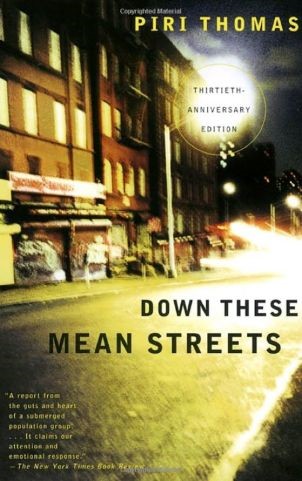
“Down These Mean Streets” by Piri Thomas
Provide description
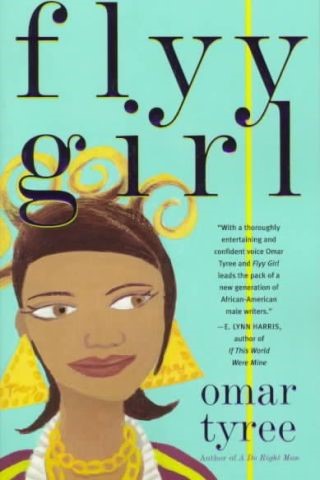
“Flyy Girl”
by Omar Tyree
Family Library Item
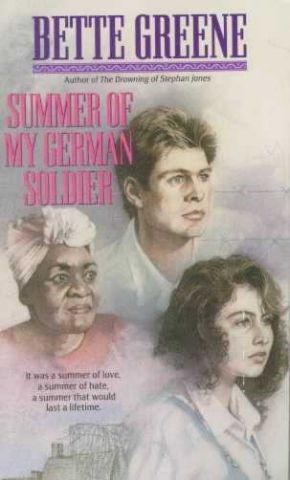
“Summer Of My German Soldier”
by Bette Greene
Provide description
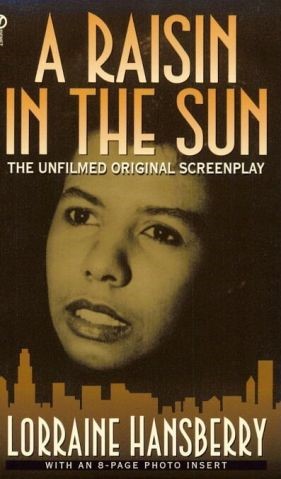
“A Raisin in the Sun” by Lorraine Hansberry
Family Library Item
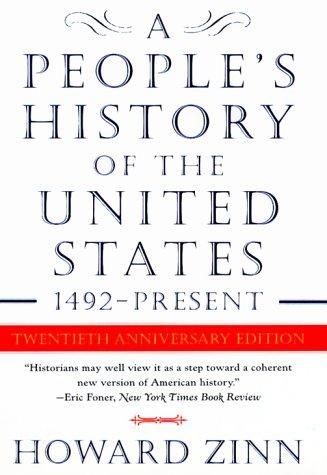
“A People’s History of the United States”
by Howard Zinn
Provide description.
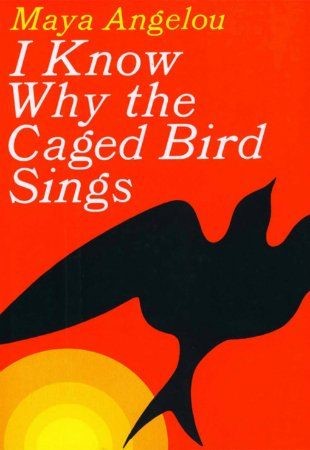
“I Know Why the Caged Bird Sings” by Maya Angelou
Read:
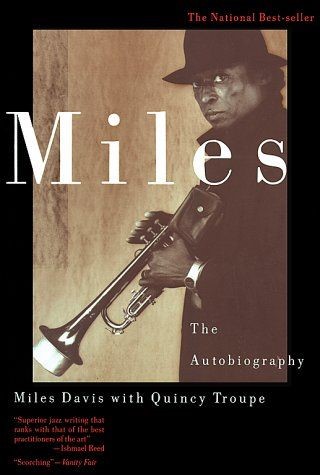
“Miles: The Autobiography” by Miles Davisr
Provide descriptiono.
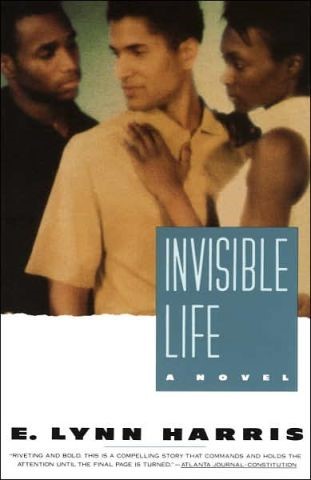
“Invisible Life”
by E. Lynn Harris
Read:
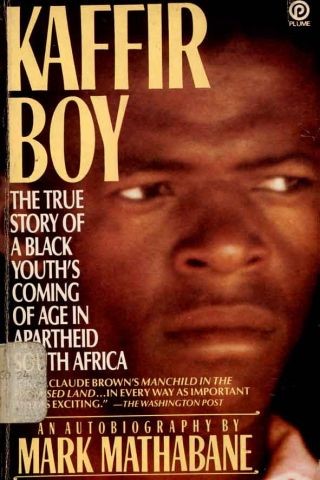
“Kaffir Boy”
by Mark Mathabane
Provide description.
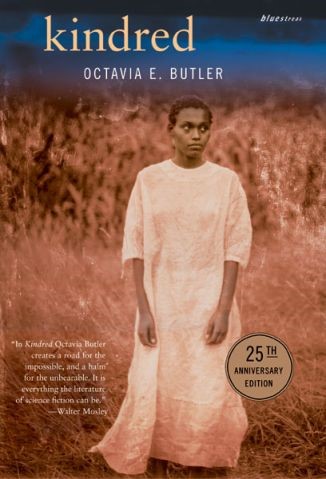
“Assata: An Autobiography”
by Assata Shakur
Provide description.
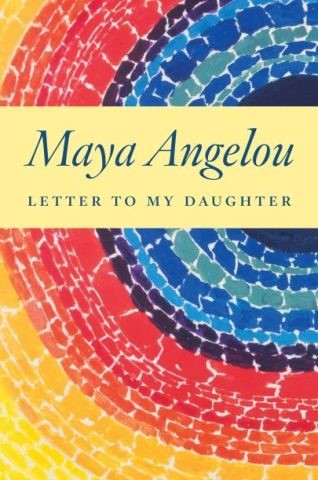
“Letter to My Daughter”
by Maya Angelou
Provide description
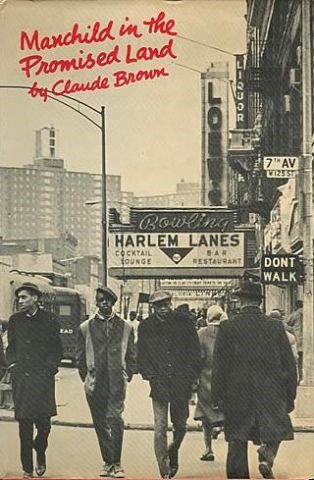
“Manchild in the Promised Land”
by Claude Brown
Provide description
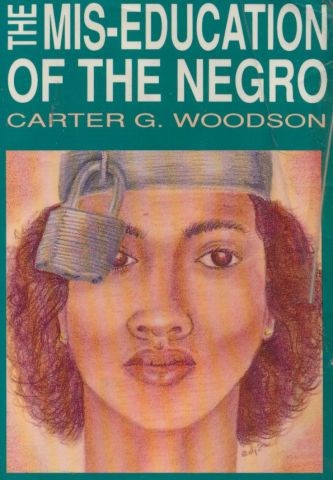
“Mis-Education of the Negro”
by Carter G. Woodsen
Provide description
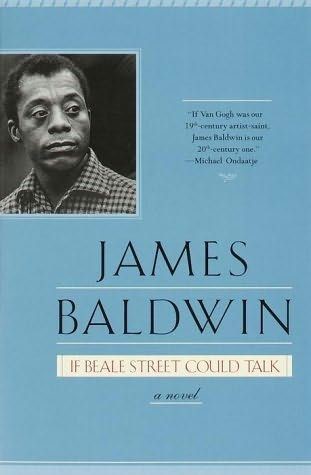
“If Beale Street Could Talk”
by James Baldwin
Family Library Item
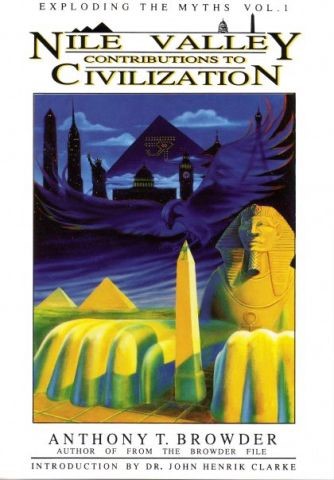
“Nile Valley Contributions To Civilization”
by Tony Browder
Provide description.
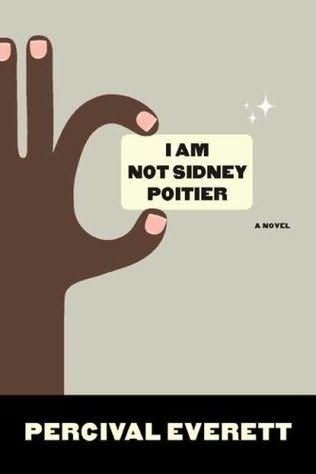
“I Am Not Sidney Poitier”
by Percival Everett
Provide description
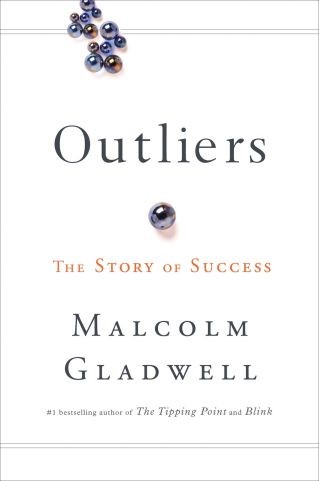
“Outliers”
by Malcolm Gladwell
Provide description
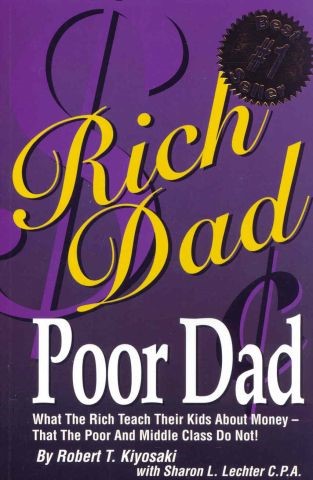
“Rich Dad, Poor Dad”
by Robert Kiyosaki
Family Library Item
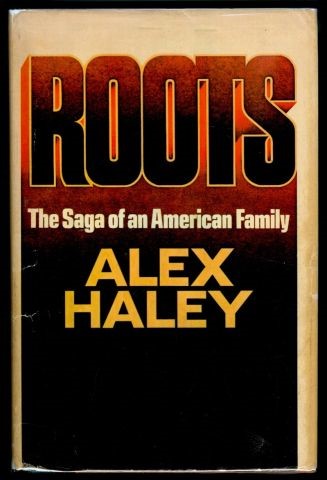
“Roots” by Alex Haley
Family Library Item

“Assata: An Autobiography” by Assata Shakur
Provide description.
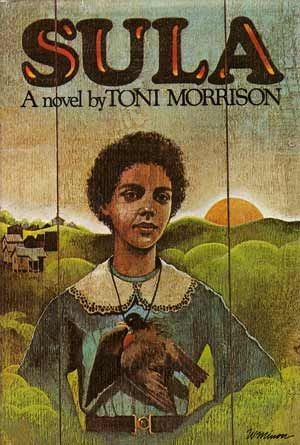
“Sula”
by Toni Morrison
Read:
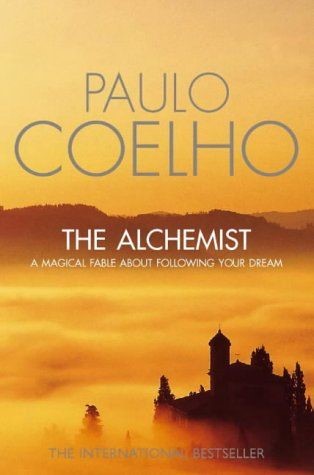
“The Alchemist”
by Paulo Coelho
Provide description
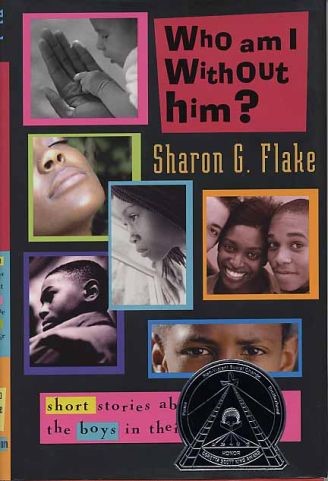
“Who Am I Without Him?”
by Sharon Flake
Provide description
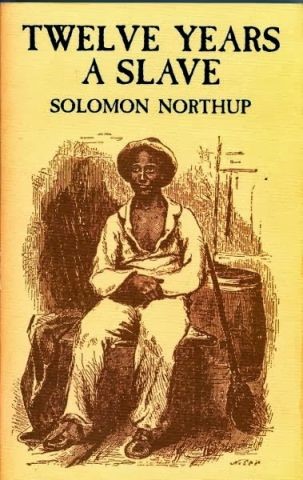
“Twelve Years a Slave”
by Solomon Northup
Provide description
Source: NewsOne Staff. (2020, September 6). https://newsone.com/playlist/50-books-every-black-teen-should-read/item/44. 50 Books Every Black Teen Should Read. https://newsone.com/playlist/50-books-every-black-teen-should-read/item/1.
